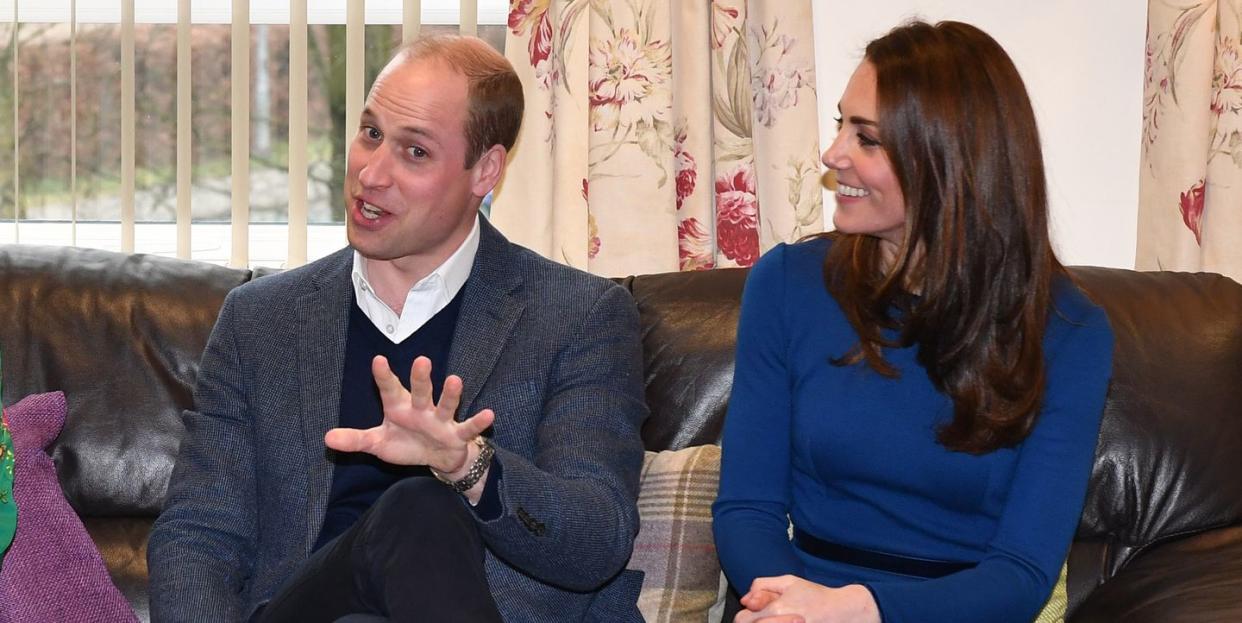Why Will and Kate Will Have Tons of Paperwork to Do When He Becomes King

Being a royal is a lot of work. Senior members of the British royal family take on a lot of responsibilities representing the monarchy at a wide array of royal engagements.
All working royals have a lot on their plates, but the reigning monarch is typically responsible for even more than anyone else. When Prince William takes the throne as king one day, he and Kate Middleton will have more to do than ever.
According to Express, when they do become King and Queen, Will and Kate will also have a lot of paperwork to deal with.
Prince William and Kate Middleton are already two of the busiest royals (slash people) on the planet. When Will, who is second in line for the throne, becomes the king someday, he and Kate will have more on their plates than ever—including a boatload of paperwork, according to royal experts.
"William and Catherine as King and Queen, assuming they are in good health and an active age when they reach the throne, can expect the heaviest workload of any royals," royal expert Eliot Wilson told Express of the demands on Will and Kate's time when he takes the throne.
This isn't shocking—traditionally speaking, the reigning monarch does take on the bulk of royal engagements and duties. Queen Elizabeth has been forced to pass off more and more of her responsibilities in recent years, which is fair, considering she's 93 years old and counting.
Back in the day, monarchs weren't typically still kicking well into their '90s, of course. But, thanks to advances in modern medicine, better all around health for people in developed nations across the world, and the fact that people don't just, you know, plot to murder and usurp royals anymore, royals are living longer than ever.
"Let us suppose that William and Catherine are 60-years-old or so when they become King and Queen,” Eliot said. "They would expect to become very much the central focus of the Royal Family’s activity, both in terms of image and in terms of workload."
Some of that work—okay, a lot of that work—apparently, is of the paper pushing variety too.
"Although the position of the monarch is ceremonial, there is a vast amount of paperwork involved; the Queen may not have the power to influence many large-scale political decisions, but she must be informed of them, and she still receives a letter from a Government whip every sitting day which briefs her on the goings-on in Parliament that day," Eliot explained. "These used to be written longhand by the Vice-Chamberlain of the Household, the no. 4 in the Government Whips’ Office, but they’re typed now."
Well, at least there's that?
You Might Also Like

